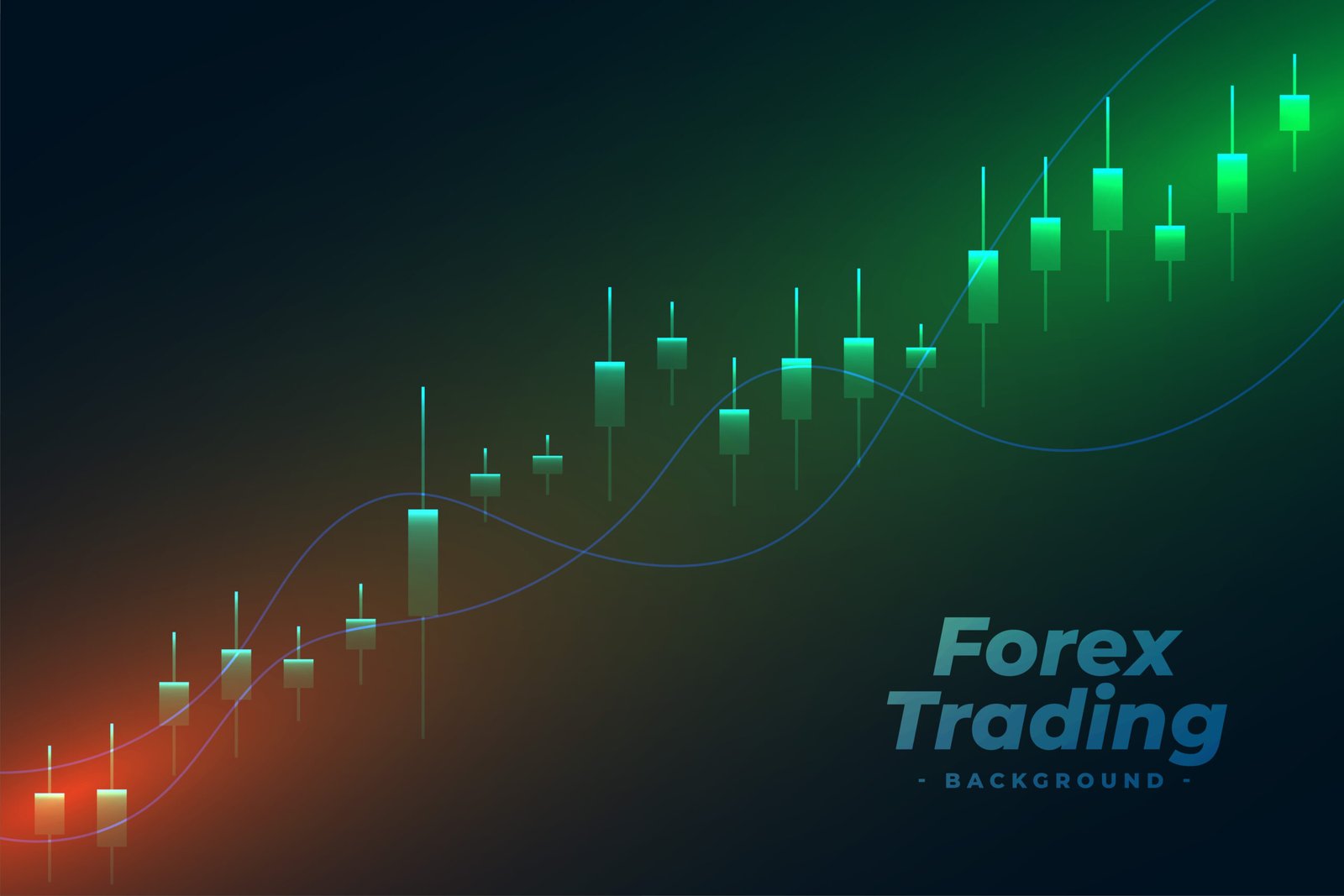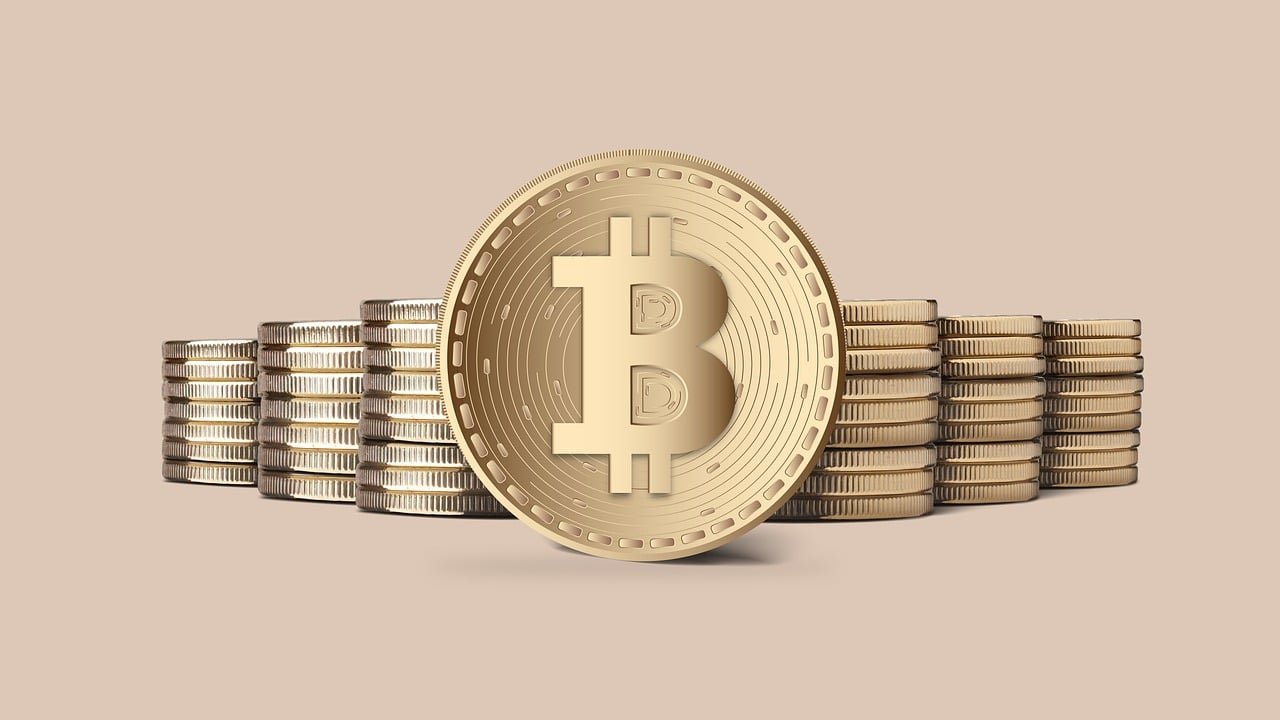Introduction
The foreign exchange (Forex) market is one of the largest and most liquid financial markets globally, with trillions of dollars exchanged daily. It is influenced by numerous factors, but one of the most powerful forces that drive currency fluctuations is global events. From political unrest to natural disasters, these events can cause significant volatility in the Forex market, affecting exchange rates and the behavior of traders. Understanding how global events impact Forex trends is crucial for anyone involved in the market, whether you’re a seasoned trader or a casual investor.
What is the Forex Market?
The Forex market, also known as the foreign exchange market, is where currencies are traded. Unlike traditional stock markets, Forex operates 24/5, allowing traders to buy and sell currencies across different time zones. The main players in the Forex market include central banks, financial institutions, hedge funds, and individual traders.
Key to Forex trading is the concept of currency pairs, where one currency is traded against another. For example, the EUR/USD pair represents the value of the Euro against the US Dollar. These currency pairs are influenced by various global events, making the market highly sensitive to changes in the global landscape.
Types of Global Events that Influence the Forex Market
Global events can be broadly categorized into three major types: economic, political, and natural disasters or pandemics. Each of these has its own set of influences on currency values.
Economic events
like changes in interest rates, inflation, and GDP growth can directly affect the strength of a currency.
Political events
such as elections, policy changes, and geopolitical tensions can lead to uncertainty in the market, often causing currency fluctuations.
Natural disasters and pandemics
can disrupt economies, forcing shifts in the Forex market as investors react to uncertainty.
Economic Events and Their Impact
Economic events are among the most common factors influencing the Forex market. Central banks’ decisions, such as adjusting interest rates or implementing quantitative easing, can have a profound impact on currency value.
Interest rates:
When central banks raise or lower interest rates, it directly influences the demand for a currency. Higher interest rates generally attract foreign investment, causing the currency to appreciate.
Inflation rates:

High inflation erodes a currency’s purchasing power, often leading to a depreciation in value. Conversely, lower inflation rates can strengthen a currency.
GDP and economic growth:
A robust economy tends to strengthen a country’s currency, as it signals stability and future growth prospects.
Political Events and Their Impact:
Political events can create volatility in the Forex market due to their ability to alter the economic landscape. The impact of political instability, elections, and fiscal policies can cause rapid shifts in currency values.
Elections:
Election outcomes often lead to uncertainty, especially when results are contentious or unexpected. Currency markets react to the perceived stability of the new government and its potential policies.
Government fiscal policies:
Changes in government spending, taxation, or trade policies can affect a country’s economy and, consequently, its currency.
Trade wars:
Political tensions between countries, particularly trade disputes, can lead to significant fluctuations in exchange rates, as traders anticipate the impact on global trade and investment flows.
Natural Disasters and Pandemics:
Natural disasters, such as earthquakes or hurricanes, and pandemics like COVID-19, can disrupt economies and lead to drastic shifts in the Forex market.
Natural disasters:
These events can damage infrastructure, disrupt trade, and lead to changes in supply and demand, causing a currency to weaken.
Pandemics:
Health crises that affect global economies can lead to market uncertainty, causing investors to flock to safer assets like the US Dollar or gold, resulting in shifts in currency values.
Geopolitical Tensions and Their Effect on Forex
Geopolitical tensions, including wars or conflicts between nations, can cause significant volatility in the Forex market. Traders often respond to such events by moving towards “safe-haven” currencies, like the Swiss Franc (CHF) or Japanese Yen (JPY), which are seen as more stable during times of crisis.
Global Economic Crises and the Forex Market
Economic crises, like the 2008 global financial crisis, can send shockwaves through the Forex market. These crises often lead to massive currency devaluations, as investors seek to reduce risk exposure. Central banks may intervene with monetary policies to stabilize currencies, but this can take time to have a meaningful effect.
Currency Pairs and the Influence of Global Events
Different currency pairs are impacted by global events in varying degrees. Major pairs like EUR/USD or GBP/USD are highly sensitive to global economic news, while less traded pairs can experience more volatility when significant events occur.
The Role of Market Sentiment in Forex Trends
Market sentiment plays a key role in Forex trends. When global events cause uncertainty, sentiment can shift rapidly, leading to increased demand for safe-haven currencies or speculative trading.
The Impact of Global Trade Agreements on Forex
Global trade agreements can have a lasting effect on currency strength. Positive trade deals often strengthen the currencies involved, while trade conflicts can weaken them.
Global Events and Forex Speculation
Speculative traders closely monitor global events for signals of potential market shifts. These traders attempt to predict the future direction of currencies based on current events, adding to the market’s volatility.
Technological Advancements and Forex Trading
Advancements in technology, such as AI and automated trading systems, have allowed traders to react to global events faster than ever before. High-frequency trading (HFT) has further intensified market fluctuations, as algorithms react to news in real-time.
How to Navigate Forex Trading During Global Events
Navigating Forex trading during global events requires careful planning. Traders should employ risk management strategies, such as stop-loss orders and diversification, to minimize potential losses during periods of volatility.
Conclusion
Global events have a profound impact on Forex market trends, influencing currency values and trader behavior. By understanding how different types of events – from economic shifts to geopolitical tensions – affect the market, traders can better prepare for potential market movements. Staying informed and adopting sound trading strategies can help investors navigate these fluctuations with confidence.



